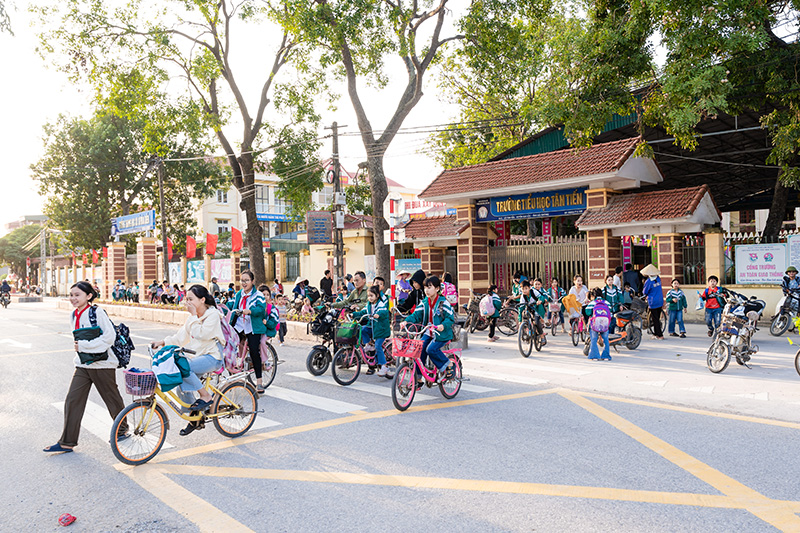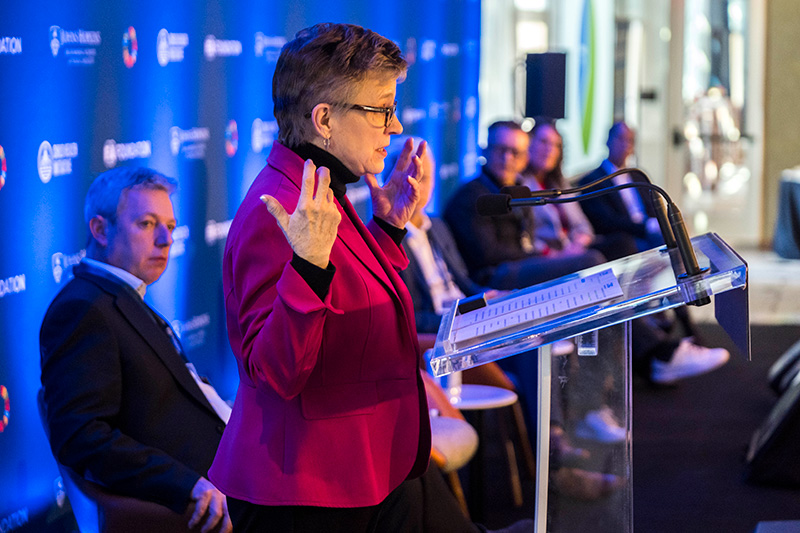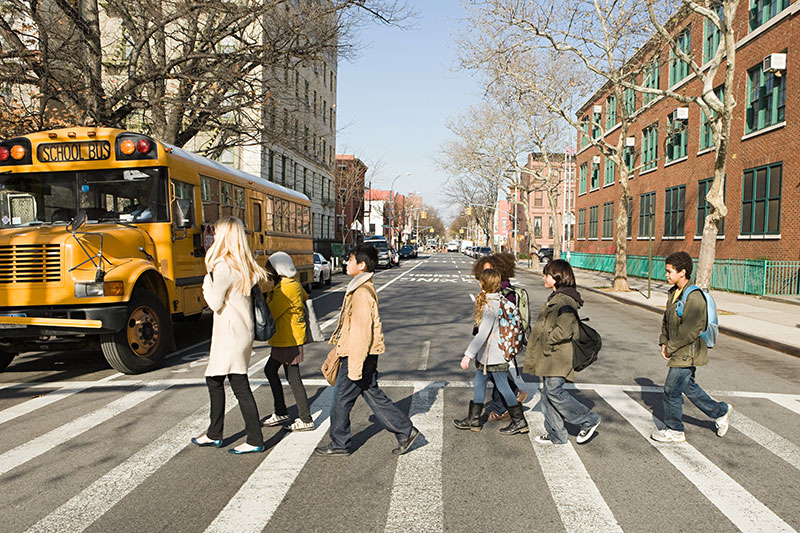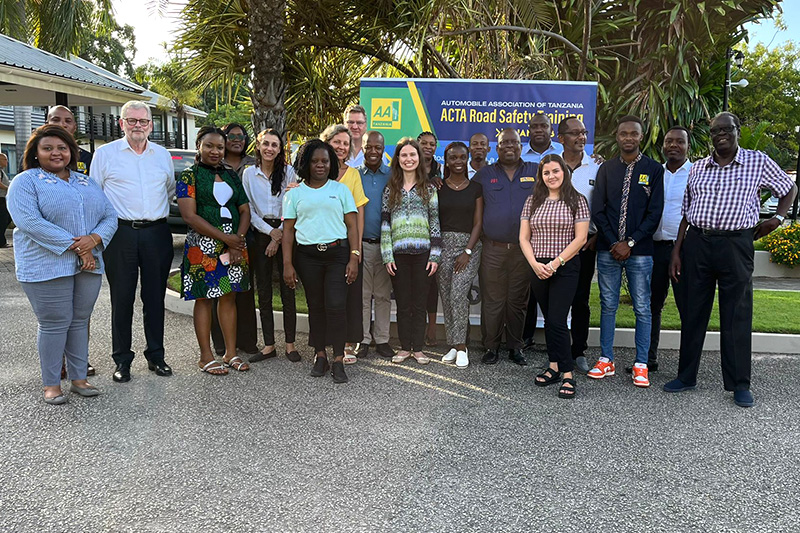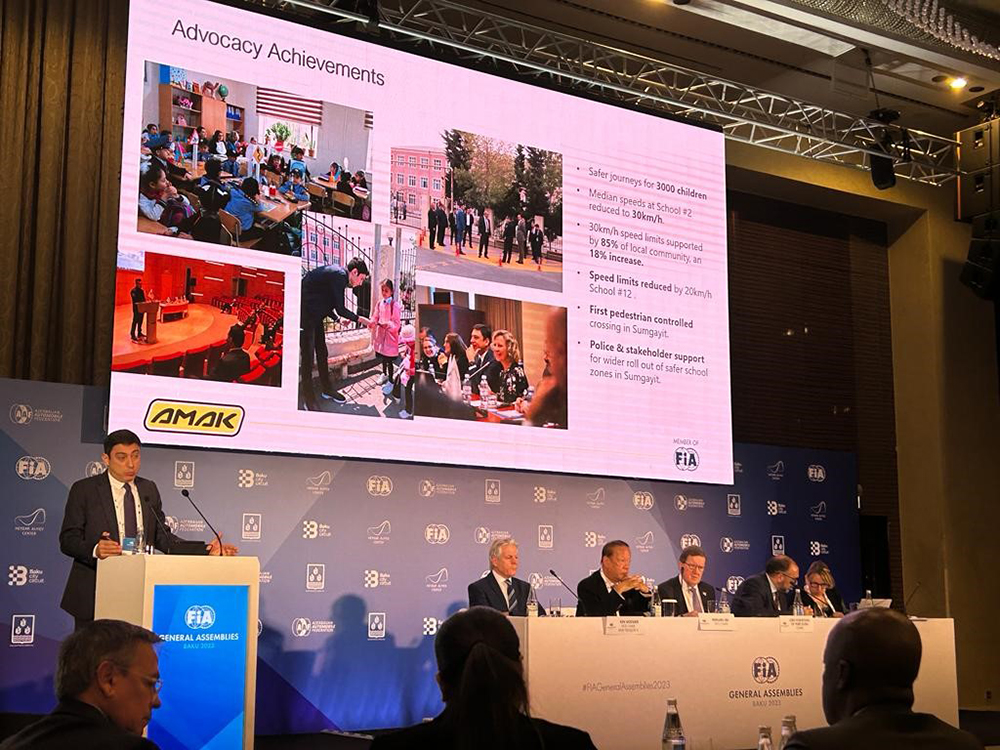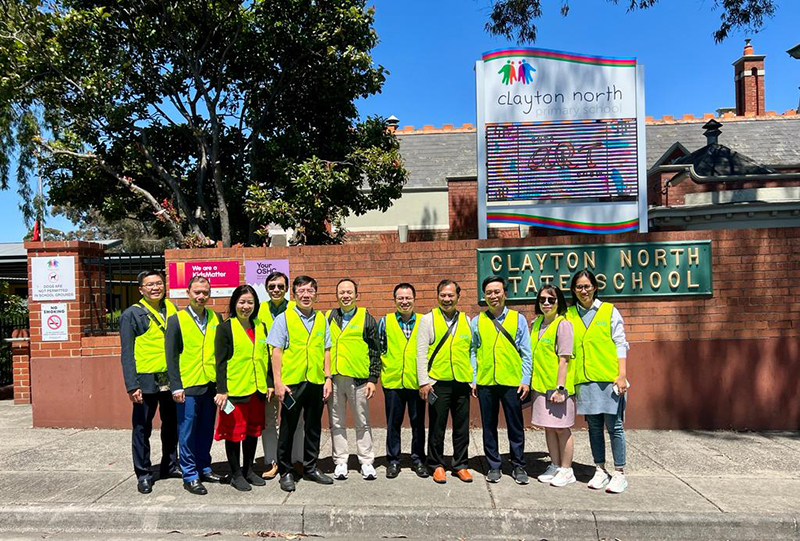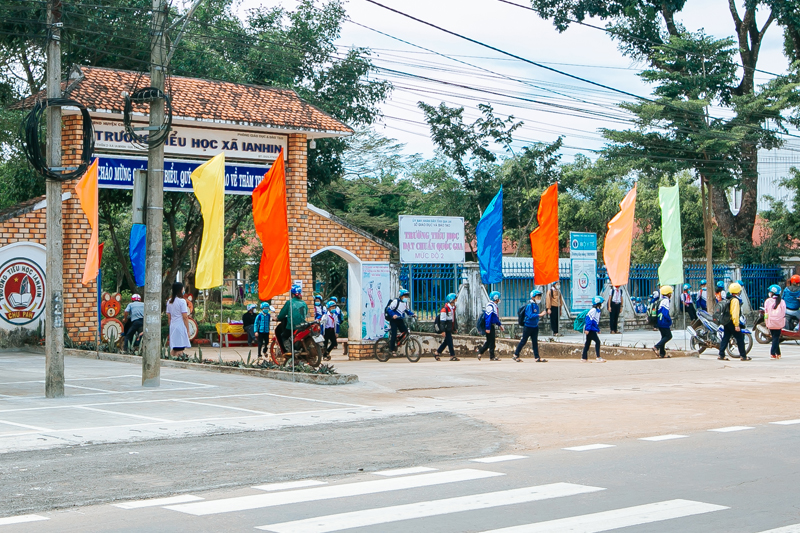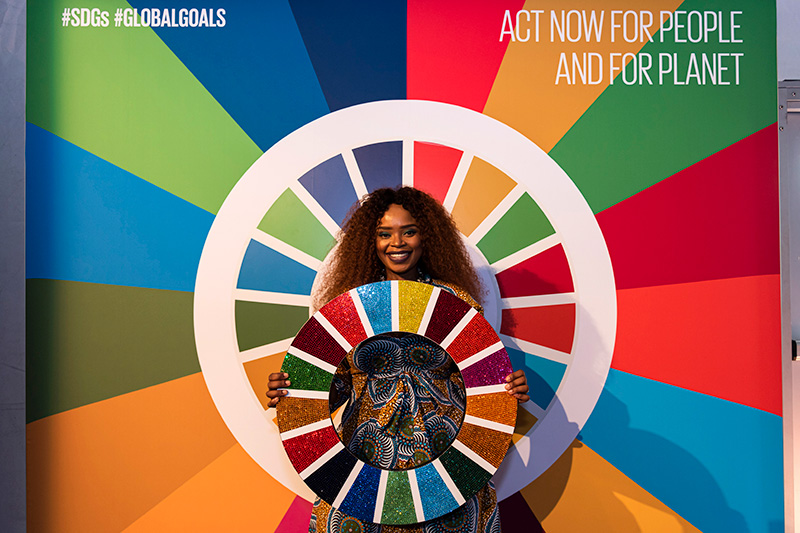Close streets to school to protect kids from vehicles and COVID 19 say three quarters in new global poll
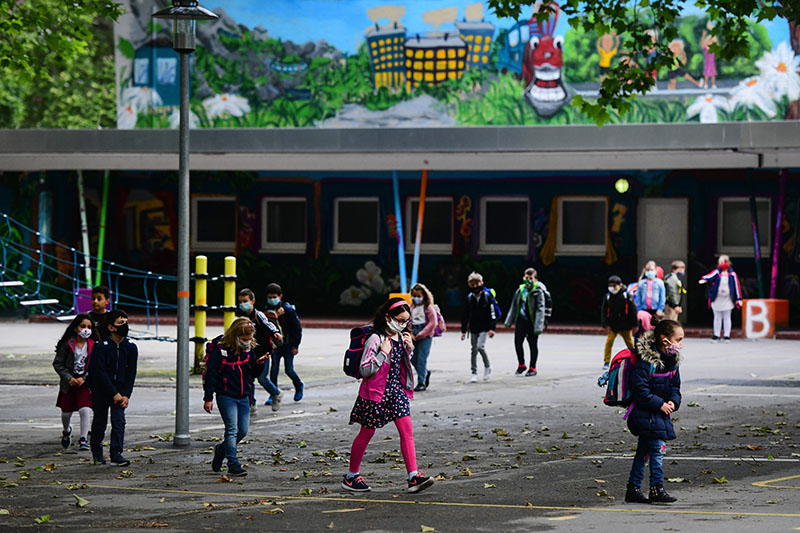
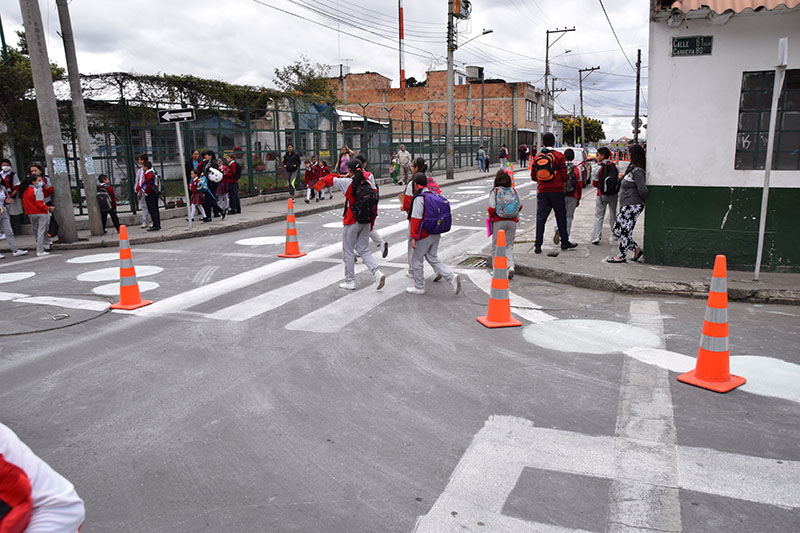
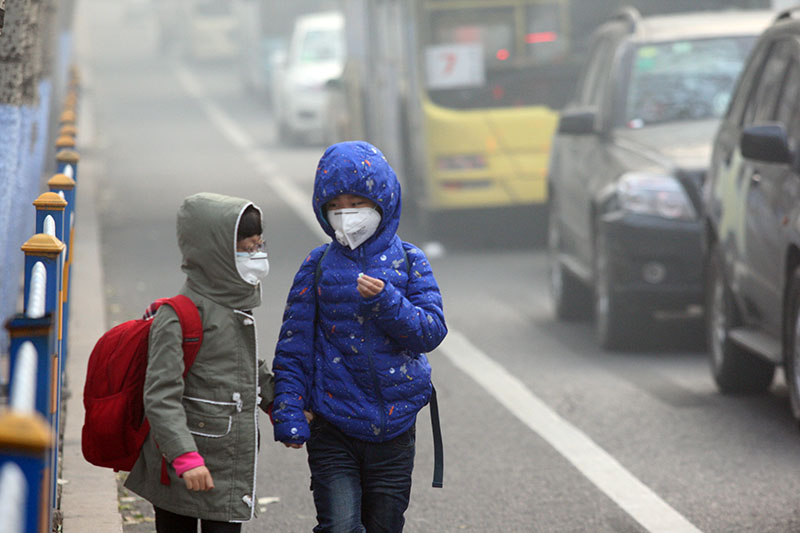
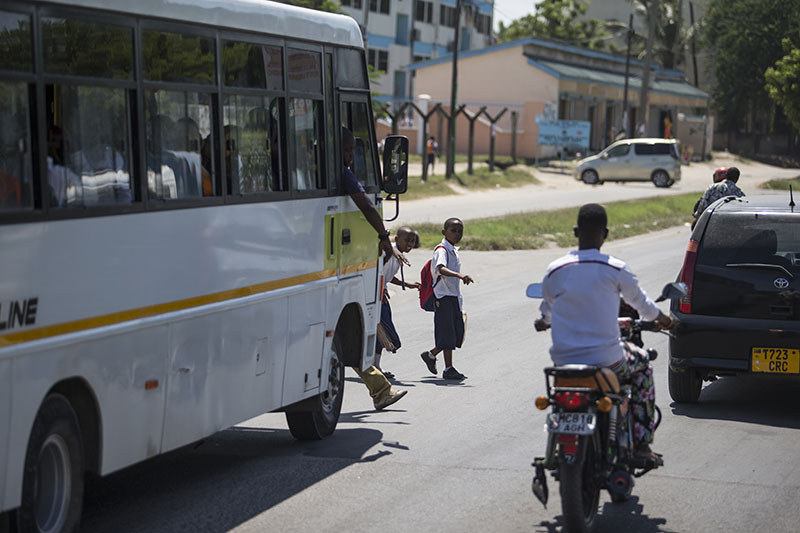
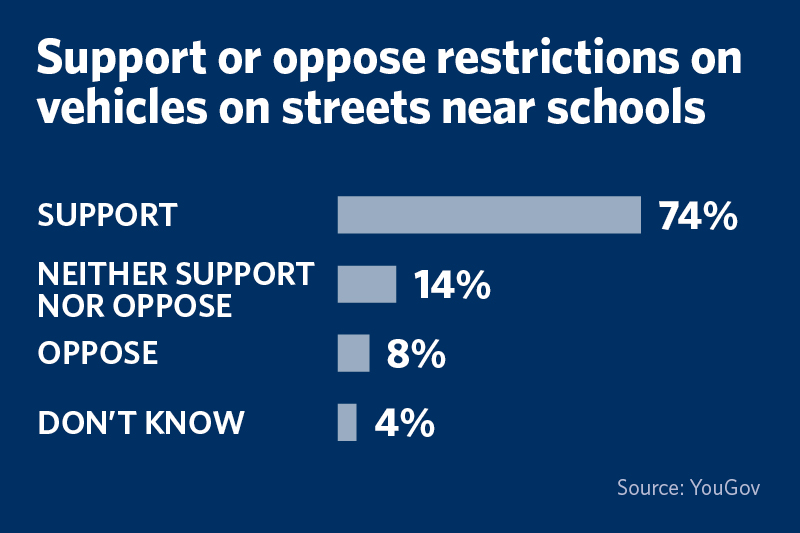
Parents overwhelmingly support investment in safe walking and cycling to protect children on their journey to school from both COVID-19 and road danger, an opinion survey in 11 countries conducted by YouGov for the Child Health Initiative shows.
-
Almost three-quarters of people support physical changes such as road closures, limiting traffic and reducing speeds to protect children worldwide
-
Three in five worried about air pollution
-
More than half of journeys to school are not safe, think parents
-
More than two-thirds of parents would change the journey to school for their child to walking and cycling as part of COVID-19 social distancing measures, but only if streets were safe
Vehicle restrictions to protect young people from road traffic injury and the wider community from COVID-19 exposure and air pollution are also emphatically supported by the public, according to the research by Child Health Initiative, a global health partnership co-ordinated by international philanthropy the FIA Foundation. Today, UNICEF and the Child Health Initiative publish new global guidance for safe and healthy school journeys during the pandemic and beyond.
The global pandemic has focused public and political attention on the importance for public health of safe and healthy streets. Many cities have introduced new or temporary cycle lanes and widened footpaths, and reduced vehicle speed limits. The journey to school is a particularly urgent issue - more than a billion children are in the process of returning to school over the next few months as governments seek out ways to balance COVID-19 risks with the need for education. Road traffic injury remains the leading global cause of death for young people age five to 29.
The polling shows strong support for these measures from parents and the wider community.
Worldwide, more than half of all parents with children aged five to 18 (53%) felt streets were not safe enough on the journey to school. Latin American respondents reported the highest concerns about both air quality and the journey to school. Overwhelming global public support – not just from parents but the wider population - for road safety measures around schools which would slow, limit, and even ban vehicles around schools saw 74% of respondents expressing support. In five countries (Argentina, Mexico, Turkey, India, and Kenya) that support rose to more than four out of five members of the general public.
Overall, more than two thirds (69%) of parents would commit to shift modes (i.e. their children do not already walk or cycle) to walking and cycling on the journey to school to support COVID-19 distancing measures if the streets were safe. This represents the potential for a huge change in how journeys are made – reducing pollution, encouraging physical activity, and reducing congestion, while at the same time reducing the risk of COVID-19 transmission.
To help manage the risks posed by COVID-19 and ensure the safest, healthiest journeys to school possible, new UNICEF guidance is published today ‘Guidance For Safe And Healthy Journeys To School During The Covid-19 Pandemic And Beyond’ aims to help schools, policymakers and local governance to develop the safest, most appropriate interventions to make kids safe as more than a billion young people begin to return to education. Its ten-step guide highlights the simple, low-cost ways to deliver the street level interventions - so widely supported by the polling - that will not just make streets safer in the pandemic, but in the long-term for children and the wider population. The Child Health Initiative is further calling for a package of ‘Speed Vaccine’ measures – safe footpaths and crossing, cycle lanes and vehicle speed reductions – proven to reduce serious road injury and deaths, to be widely and urgently adopted wherever children and traffic mix.
Saul Billingsley, Executive Director of the FIA Foundation, said: “Parents are facing difficult choices about how to protect their children from COVID-19 exposure, dangerous roads, and air pollution while still accessing education. The pandemic has highlighted the vital role of pedestrian and cycling provision in enabling safe social distancing.”
“This polling shows there is overwhelming and wide community support to invest in walking and cycling, and to reduce vehicle access and vehicle speed around school streets everywhere. Local authorities have the public backing to make these changes to streets now, in response both to COVID-19 and the wider challenges of road traffic injury – the leading global cause of death for children and youth – and air pollution. While we await the COVID-19 vaccine we must implement the speed vaccine.”
Take a look at the YouGov polling results by country, here.
Read the UNICEF and Child Health Initiative global guidance ‘Guidance For Safe And Healthy Journeys To School During The Covid-19 Pandemic And Beyond’
Find out more about the new global database for sharing examples of safe and healthy journeys to school journeys during pandemic, hosted by the Child Health Initiative in partnership with UNICEF and Save the Children.
Download our manifesto to find about our call to transform urban streets by 2030 into safe, low-speed, accessible space that puts people first, encouraging zero carbon walking and cycling, by deploying the ‘Speed Vaccine.’
